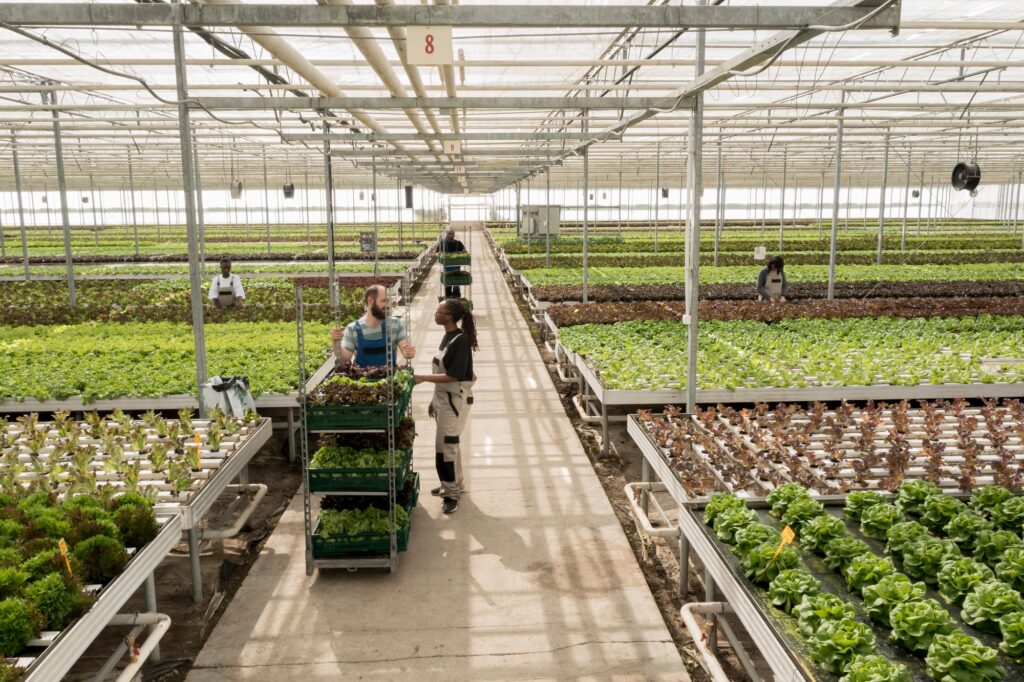Key Takeaways:
- Guest worker visas (H-2A and H-2B) are indispensable for sustaining agricultural productivity and seasonal industries.
- Threats of mass deportations could lead to critical labor shortages, destabilizing the economy and raising food prices.
- A comprehensive reform addressing workers’ rights and employers’ needs is crucial for a resilient agricultural sector.
When Donald Trump’s administration floated the idea of mass deportations, it sent shockwaves through America’s agricultural backbone. This wasn’t just political rhetoric; it threatened the workforce that keeps the U.S. food supply stable. Immigrants, particularly those working under guest worker visa programs like H-2A and H-2B, are not just employees—they are the unsung heroes ensuring crops are harvested and shelves stay stocked.
Why Guest Worker Visas Matter
At its core, the H-2A program supports agricultural employers by providing legal avenues to hire foreign workers for temporary or seasonal jobs. These jobs include planting, harvesting, and other labor-intensive tasks that American workers often overlook. Similarly, the H-2B program extends to non-agricultural sectors like hospitality, seafood processing, and landscaping, where seasonal demands require a flexible, reliable workforce.
Without these programs, farms would struggle to operate. Imagine a strawberry farmer in California: peak harvest arrives, but there’s no one to pick the berries. The crop rots, the farmer loses income, and consumers face skyrocketing prices. It’s a ripple effect, where the absence of labor undermines the entire supply chain.
The Looming Labor Crisis
The threat of deporting millions of undocumented workers would amplify this crisis. Many of these individuals work in the shadows, filling labor gaps that domestic workers are unwilling or unable to occupy. Removing them from the equation without a functional replacement system, such as expanded visa programs, risks crippling entire industries.
Additionally, the current visa system, while effective, is not without its flaws. Employers often face delays, bureaucratic hurdles, and uncertainty in securing workers on time. For the workers, the situation isn’t always ideal either. Reports of poor living conditions, low wages, and lack of legal protections highlight the need for reform that respects the dignity of all participants.
A Path Forward: Immigration Reform
In my opinion, guest worker visas are a powerful tool, but they are only part of the solution. America needs comprehensive immigration reform that balances economic needs with human rights. Here’s what a reformed approach might include:
- Streamlined Processes: Simplifying the visa application and approval system would ensure that employers can access labor when they need it most.
- Worker Protections: Ensuring fair wages, safe working conditions, and legal safeguards would create a more ethical labor market.
- Pathways to Residency: Offering long-term opportunities for committed workers could stabilize the workforce and reduce turnover.
This balanced approach would allow the agricultural sector to thrive while addressing ethical concerns and fostering mutual respect between employers and employees.
The Bigger Picture
The stakes are high. Agriculture isn’t just an industry—it’s a lifeline for the nation. From fresh produce on dinner tables to affordable food prices, the impact of immigrant labor touches everyone. By prioritizing reforms that strengthen visa programs and ensure fair treatment for workers, America can safeguard its food security and economic health.
Failing to act risks leaving farms empty, businesses closing, and a significant hole in the nation’s economy. In my view, guest worker visas are a cornerstone of stability, but only through reform can they truly fulfill their potential.
#USA
Source
Focus Keyphrase:










